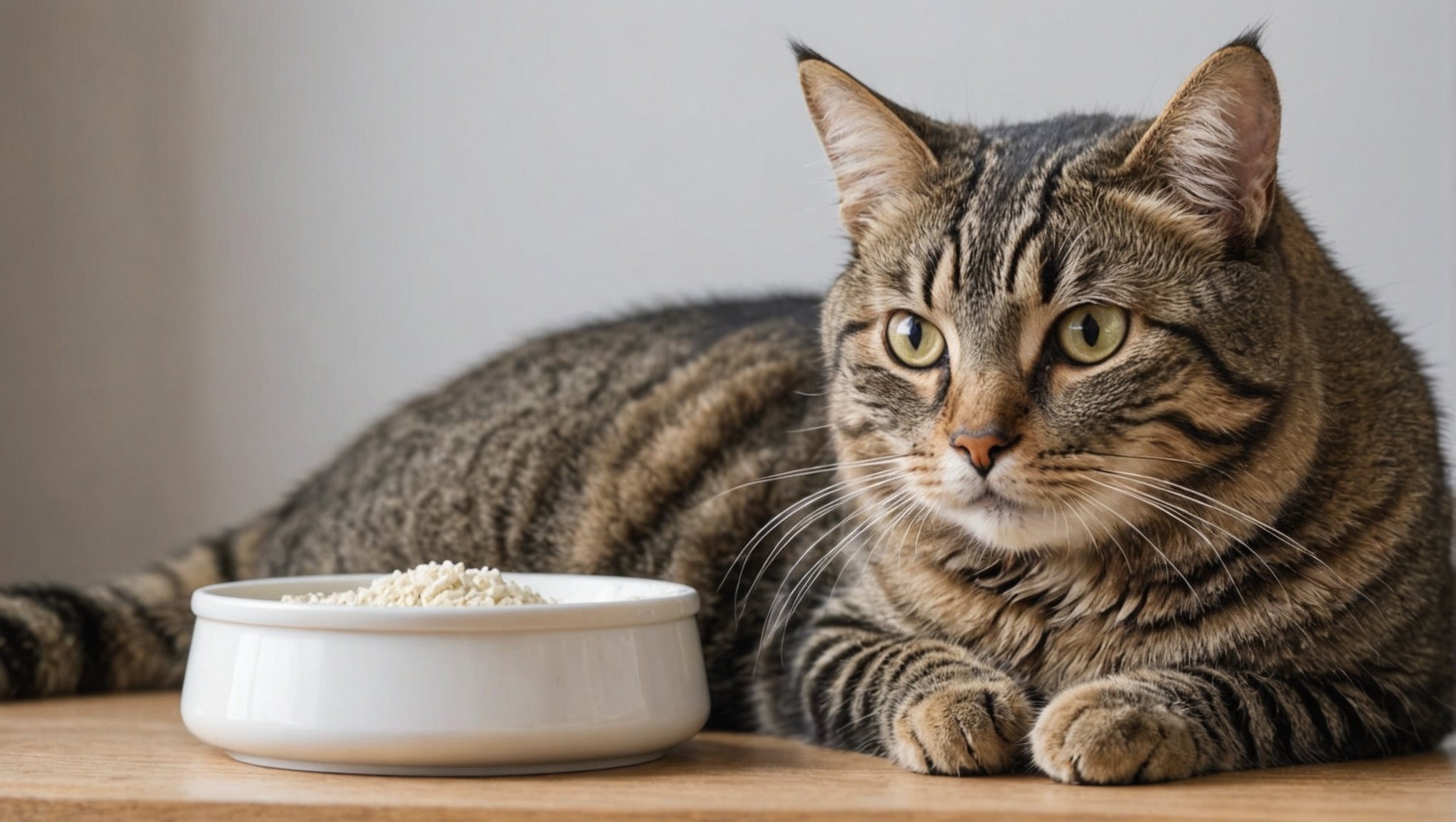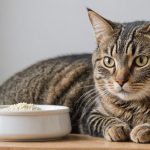Choosing the right probiotics and dosage for your cat can significantly improve their digestive health. With various options available, it’s essential to understand the specific needs of your feline friend. This guide provides a comprehensive examination of probiotics, helping you make informed decisions that suit your cat’s unique requirements. Discover how to enhance your cat's gut health, combat digestive issues, and support their overall well-being with the right choices. Let’s unlock the benefits of probiotics together.
Understanding Probiotics for Cats
Probiotics are live microorganisms that, when administered in adequate amounts, confer a health benefit on the host. For cats, these beneficial bacteria play a crucial role in maintaining feline digestive health. By balancing the gut flora, probiotics help in digestion, nutrient absorption, and enhancing the immune system.
A voir aussi : Creating a Cat-Friendly Haven: Essential Tips for Safely Assisting Your Feline in Recovery from Orthopedic Surgery
Types of Probiotics Suitable for Cats
There are various types of probiotics for cats available, each with specific strains that cater to different needs. The most common include Lactobacillus and Bifidobacterium, which are known for their effectiveness in promoting gut health. These strains are often found in supplements, powders, or specially formulated cat foods.
Benefits of Probiotics for Feline Gut Health
The benefits of probiotics for feline digestive health are numerous. They can help alleviate gastrointestinal issues such as diarrhea and constipation, often caused by stress or dietary changes. Additionally, probiotics can improve the overall immune response, reducing the likelihood of infections. Regular use of probiotics can also lead to better nutrient absorption, ensuring your cat gets the most out of its diet. By maintaining a healthy balance of gut flora, probiotics support a happier and healthier life for your feline friend.
Dans le meme genre : Selecting the Perfect Cat Carrier for Vet Trips and Travel: A Guide Tailored to Your Cat”s Size and Personality
Recommended Probiotic Strains for Cats
When considering specific probiotic strains for enhancing cat health, it's essential to understand the unique benefits each strain offers. Probiotics are not one-size-fits-all, and different strains cater to various feline health needs.
Lactobacillus acidophilus
Lactobacillus acidophilus is a widely recognized beneficial bacteria for cats. It is particularly effective in maintaining a balanced gut flora and aiding digestion. This strain helps prevent diarrhea and promotes a robust immune system. Studies have demonstrated its positive impact on reducing gastrointestinal issues, making it a go-to choice for cats with sensitive stomachs.
Bifidobacterium animalis
Bifidobacterium animalis is another important strain known for its role in enhancing cat health. It supports the digestive system by improving nutrient absorption and reducing the risk of infections. This strain is beneficial for cats experiencing stress-related digestive problems, as it helps stabilize the gut environment.
Enterococcus faecium
Enterococcus faecium offers unique benefits, particularly for cats with chronic digestive disorders. It is effective in restoring gut balance and enhancing overall digestive health. Evidence suggests that this strain can be particularly useful for older cats or those recovering from illness, where maintaining a healthy gut flora is crucial for recovery.
Determining the Right Dosage for Your Cat
Understanding the appropriate probiotic dosage for cats is crucial for ensuring their health and well-being. The correct dosage often depends on factors such as the cat's weight and age.
General Guidelines for Probiotic Dosage
Typically, the probiotic dosage for cats is determined by their weight. A general recommendation is 1-2 billion CFUs (colony-forming units) per day for an average adult cat. However, this can vary based on individual needs and the specific product used.
Adjustments for Different Life Stages
Cats at different life stages require adjusted dosages. For kittens, a lower dosage is usually recommended, as their digestive systems are still developing. Adult cats can maintain the standard dosage, while senior cats might need a slightly higher amount due to age-related changes in digestion and immunity.
Factors Influencing Dosage
Several factors can influence the probiotic dosage for cats. Health issues such as gastrointestinal disorders or recent antibiotic treatment may necessitate a higher dosage. Additionally, changes in diet or stress levels can impact the effectiveness of probiotics, requiring dosage adjustments. Always consult with a veterinarian to tailor the dosage to your cat's specific needs.
Identifying Digestive Issues in Cats
Monitoring your cat's digestive health is crucial for ensuring their overall well-being. Recognising the signs of digestive problems early can prevent more serious health issues. Common indicators of digestive distress include vomiting, diarrhea, constipation, and loss of appetite. Cats may also exhibit changes in behaviour, such as lethargy or increased irritability, which can be subtle but significant indicators of discomfort.
Understanding these cat health indicators allows pet owners to take proactive steps. Regularly observing your cat's eating habits, stool consistency, and energy levels can provide valuable insights into their digestive health. It's important to note that while occasional digestive upset can be normal, persistent symptoms warrant further investigation.
Knowing when to seek veterinary advice is essential. If your cat shows any signs of digestive issues that last more than a day or two, or if they are accompanied by other symptoms like weight loss or dehydration, it's time to consult a veterinarian. Early intervention can help address underlying health problems and ensure your feline friend receives the care they need. Regular check-ups and open communication with your vet are key to maintaining your cat's digestive health.
Safety and Potential Side Effects of Probiotics
When considering probiotic safety for cats, it's important to understand both the benefits and potential side effects. While probiotics are generally safe, some cats may experience mild digestive disturbances, such as gas or diarrhea, especially when first introduced. These symptoms are usually temporary as the cat's system adjusts to the new bacteria.
To mitigate these side effects, it is crucial to follow safe practices when introducing probiotics into your cat's diet. Start with a small dose and gradually increase it to the recommended level. This approach allows your cat's digestive system to acclimate and reduces the likelihood of adverse reactions.
Veterinary recommendations play a vital role in ensuring the safe use of probiotics. Consulting a veterinarian before starting a probiotic regimen is essential. They can provide guidance tailored to your cat's specific health needs and help determine the appropriate strain and dosage. A veterinarian's expertise is particularly important if your cat has pre-existing health conditions or is on medication, as probiotics can interact with certain treatments. By following these guidelines, you can safely incorporate probiotics into your cat's diet, enhancing their overall health and well-being.
















